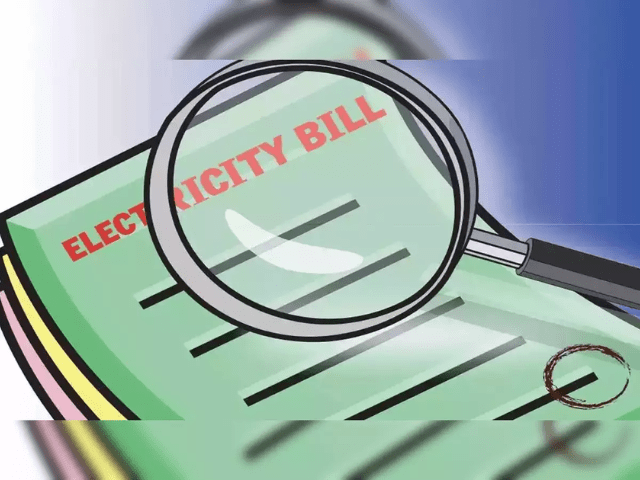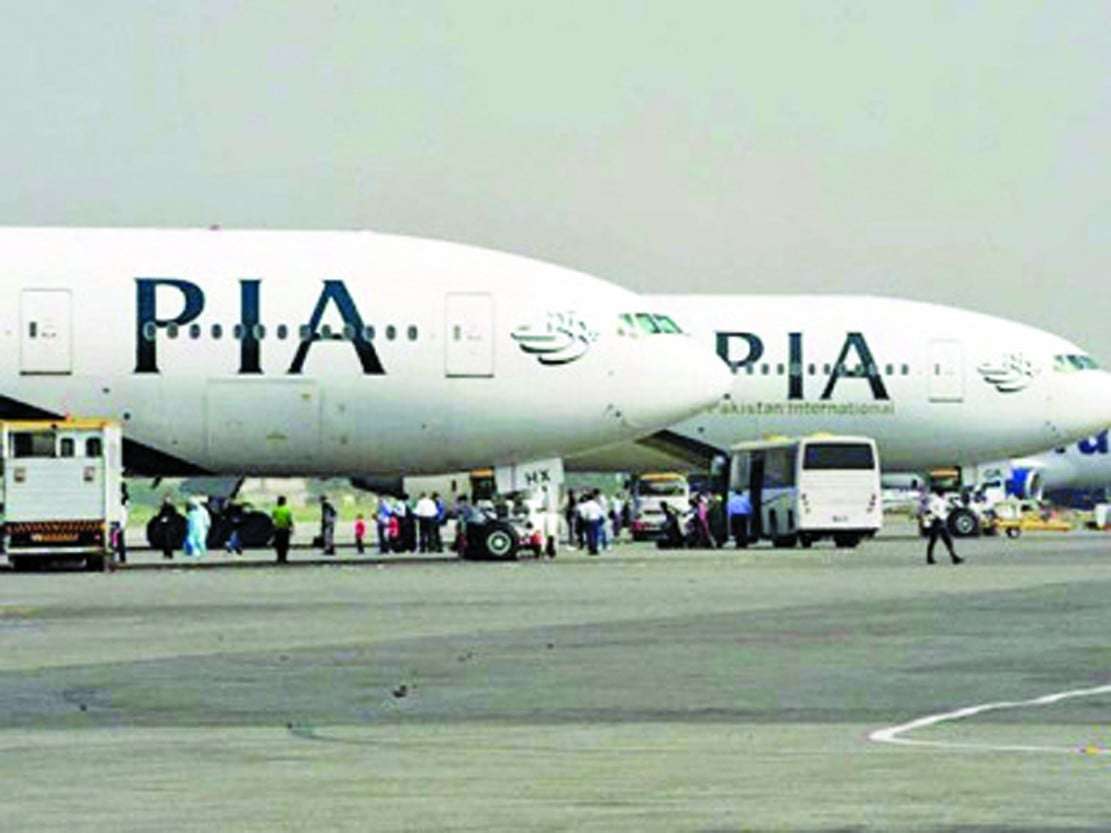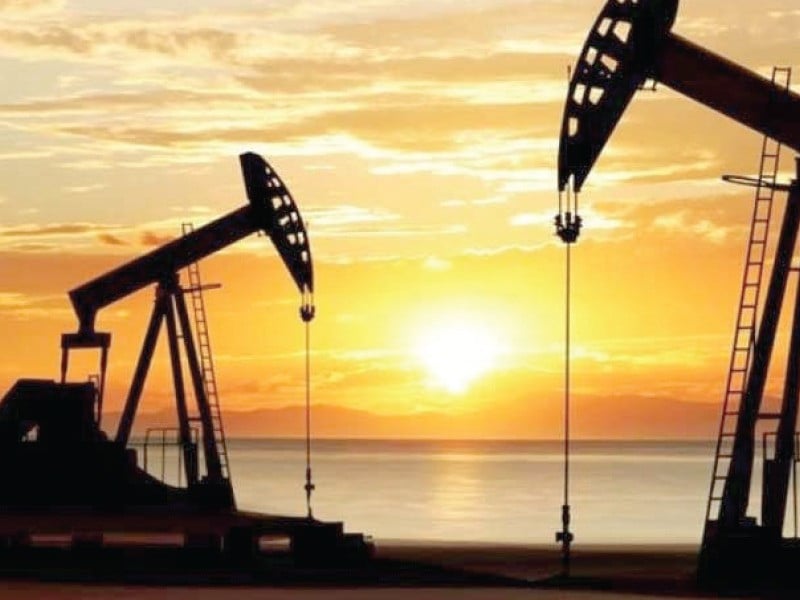ISLAMABAD: The National Electric Power Regulatory Authority (Nepra) has authorized ex-Wapda distribution companies (XWDISCOs) to refund Rs0.8555 per unit to power consumers as part of the fuel charges adjustment (FCA) for August 2024. This refund will be reflected in the power bills for October 2024, according to the regulator’s latest announcement.
During a public hearing on September 26, Nepra reviewed a petition from the Central Power Purchasing Agency (CPPA), which requested a reduction of Rs0.5755 per unit. However, the regulator decided to grant an additional relief of Rs0.8555 per unit to consumers.
In July, Nepra had previously ordered a refund of Rs0.3692 per unit to consumers, which was applied to their September bills.
The recent decision will be applicable to all consumer categories, excluding lifeline consumers, domestic consumers using up to 300 units, agriculture consumers, Electric Vehicle Charging Stations (EVCS), and K-Electric customers. It also does not apply to pre-paid electricity consumers across all categories who opted for a pre-paid tariff.
Nepra clarified that the negative adjustment regarding monthly FCA will apply to domestic consumers with Time of Use (ToU) meters, regardless of their consumption level. XWDISCOs are required to implement the fuel charges adjustment for August 2024 in the October 2024 billing cycle; however, for consumers whose bills have already been issued, the adjustment will appear in the November 2024 bills.
In his remarks, Member Tariff Mathar Niaz Rana raised concerns about the sharp increase in the bagasse-based tariff, which surpassed local coal prices, prompting significant consumer criticism. He noted that while the bagasse tariff remained steady at Rs.5.982 per kWh in June and July 2024, it spiked to Rs.12.48 per kWh in August 2024, exceeding the local coal tariff, which rose more gradually from Rs11.03 per kWh in June to Rs12.27 per kWh in August 2024.
Rana emphasized that this substantial rise occurred without adequate consumer involvement, leading to dissatisfaction. He pointed out the Ministry of Energy’s earlier request to reconsider the bagasse tariff, which was dismissed on legal grounds, and argued that the ministry’s concerns should be re-evaluated within the legal framework prior to the 2018 amendments to the NEPRA Act.
Rana advocated for excluding the bagasse-based tariff from the negative FCA of Rs1.2628 and called for immediate corrective action, including a public hearing to reassess the tariff transparently. He warned that failure to address these issues could discourage future investments in bagasse-based generation and ultimately result in higher consumer tariffs.
In response, other Nepra members, including the chairman, refuted Rana’s claims regarding the rise in bagasse-based fuel costs, asserting that the increase from Rs5.98/kWh in July to Rs12.48/kWh in August 2024 was due to long-delayed adjustments and should not be compared to local coal tariffs. The chairman pointed out that while local coal costs fluctuate monthly, bagasse tariffs are reviewed annually with a 5% indexation, which is considerably lower than the impacts of inflation and exchange rates. Members also highlighted that comparing outdated provisional rates from 2015 to revised 2024 rates lacks contextual validity.
Throughout FY2023-24, the average local coal tariff was recorded at Rs13.76/kWh, which is higher than the revised bagasse tariff. Regarding the Ministry of Energy’s reconsideration request, members indicated that the 2021 Amendment limits such requests to public sector licensees, thereby rendering Member (Tariff)’s assertion invalid under current laws.
Meanwhile, K-Electric has also notified Nepra of its plan to refund Rs0.16 per unit to consumers due to overcharges related to fuel costs for September. In a petition to the regulator, K-Electric stated that it would provide Rs247 million in relief to its consumers in the upcoming month’s bills. A public hearing regarding K-Electric’s petition is scheduled for October 31.



